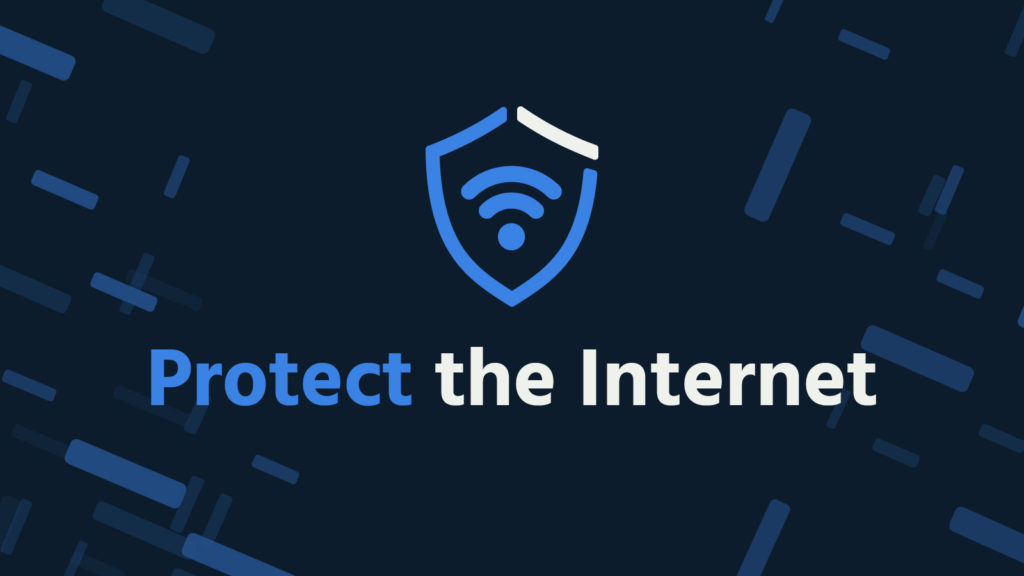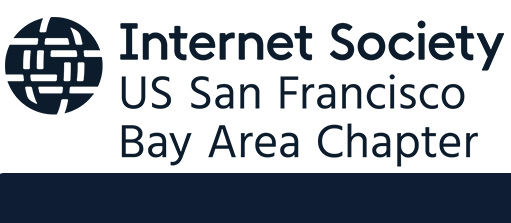
In the wake of Russia’s invasion of Ukraine, governments, businesses, and other organizations are increasingly considering sanctions that would irreversibly disrupt the Internet we know today.
Countries are considering sanctions and other politicized actions that could inadvertently impact the Internet’s infrastructure. This could set a dangerous precedent for similar actions around the world, leading us towards a “splinternet”.
A splinternet would shatter decades of global Internet connectivity efforts into a series of isolated networks that no longer work together as the global Internet. Governments and businesses worldwide would become gatekeepers limiting what we can do, see, and access on these networks.
This Splinternet idea is already happening—and it’s having a profound effect on more than a billion people. The most famous example is China’s “Great Firewall.” When you visit China and go online, you are not on the global Internet. You are on the Chinese government’s so-called “safe” version. You see what they want you to see—and use what services they want you to use. But it’s not the Internet the rest of the world has come to rely on.
The Russian government has said they want to follow China’s example, creating their own “sovereign” version of the Internet. They haven’t been able to—because the global Internet has had many connections into Russian networks. But that is changing. In the wake of the invasion of Ukraine, there are calls to disconnect Russia from the Internet. The Russian government is seizing on this chance to try to create the state-controlled “RussiaOnline” they have wanted all along.
Other authoritarian countries are watching to learn how they can break away, too.
We can’t let this happen. If we don’t stop it, we could break the globally connected Internet. The Internet that allows us to connect, communicate, collaborate, and create. The Internet that has become the backbone of the world economy and our lives. The Internet that is a lifeline for so many.
The Internet has succeeded because of its open, unrestricted access and common protocols. To keep it that way, we must stop its splintering and fragmentation.
Read more: What Is the Splinternet? And Why You Should Be Paying Attention
 Internet Society – San Francisco Bay Area Chapter
Internet Society – San Francisco Bay Area Chapter Internet Society – San Francisco Bay Area Chapter
Internet Society – San Francisco Bay Area Chapter